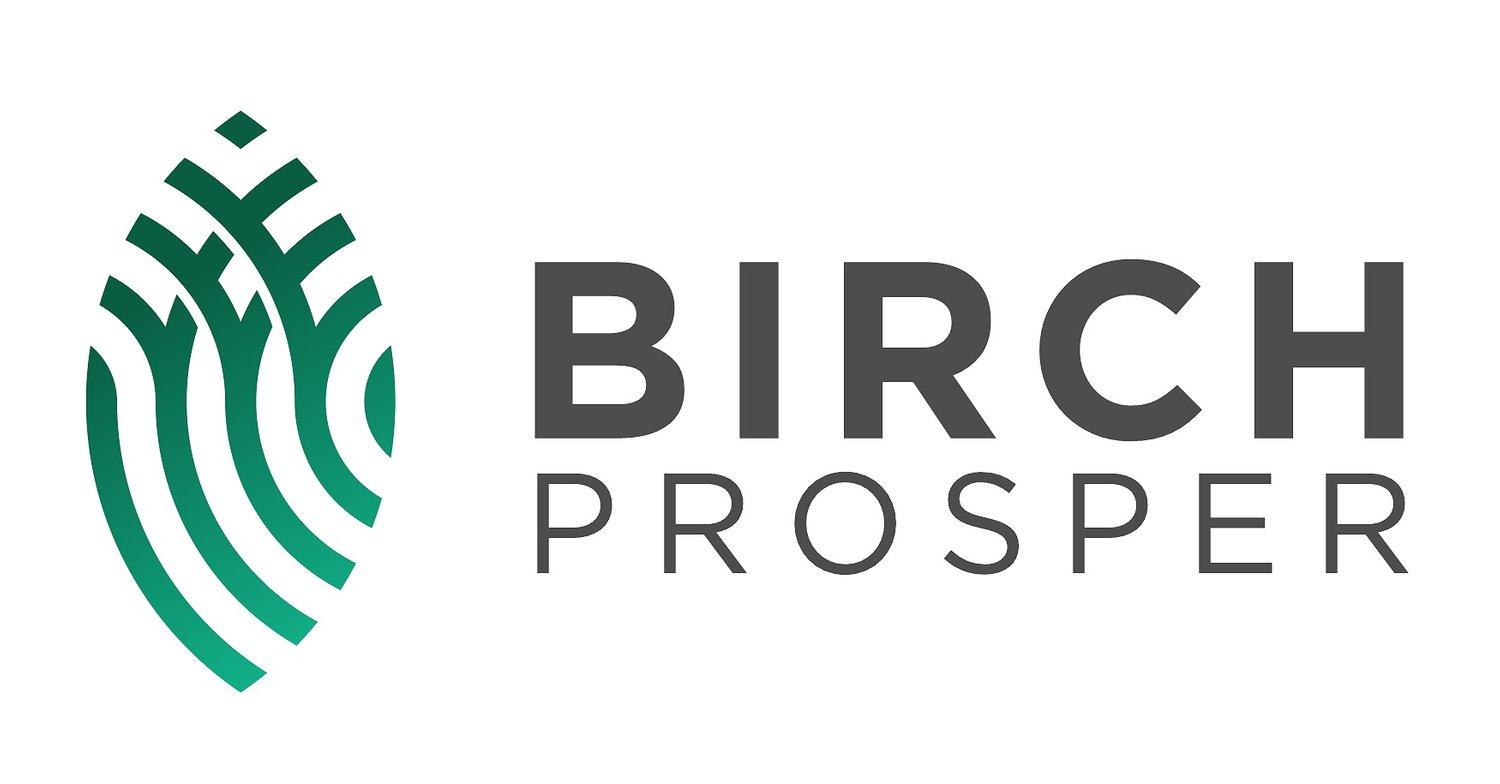Why Investing in Real Estate is Better than Investing in the Stock Market
Real estate and stocks are two of the most popular investment options available to individuals and institutions. Both offer the potential for long-term appreciation and a steady stream of income, but they also come with their own set of risks and rewards. In this article, we'll delve into the pros and cons of both types of investments and explain why, in many cases, owning real estate is a better choice than stocks.
First, let's define what we mean by "real estate" and "stocks." Real estate refers to the physical property that you own, whether it's a single-family home, a multi-unit apartment building, or a commercial property. Stocks, on the other hand, are shares of ownership in a publicly traded company. When you buy stocks, you become a shareholder and are entitled to a portion of the company's profits (in the form of dividends) and voting rights at shareholder meetings.
Now that we've got that out of the way, let's dive into the reasons why real estate is often a better investment than stocks.
1. Real estate is a tangible asset
One of the biggest advantages of owning real estate is that it's a tangible asset that you can see and touch. You can walk through your property, make improvements to it, and see the value of those improvements over time. With stocks, on the other hand, you're buying a piece of paper (or an electronic record) that represents ownership in a company. While stocks can be a great investment, they're not tangible in the same way that real estate is.
2. Real estate provides a steady stream of income
Another advantage of owning real estate is the potential for passive income. When you own a rental property, you can charge tenants rent and receive a steady stream of income every month. With stocks, you're at the mercy of the company's profits (and the stock market as a whole). Dividends from stocks can be inconsistent and may not always be paid out.
3. Real estate has the potential for long-term appreciation
Real estate has the potential for long-term appreciation, which means the value of your property can increase over time. This can be due to a variety of factors, including inflation, the overall state of the real estate market, and improvements you make to the property. While the stock market can also experience long-term appreciation, it's not a guarantee. In fact, the stock market is known for its ups and downs, and it's not uncommon for stocks to lose value.
4. Real estate offers tax benefits
Owning real estate can also offer a number of tax benefits. For example, if you own a rental property, you can deduct certain expenses (such as property taxes, mortgage interest, and insurance) from your taxable income. You can also potentially defer capital gains taxes through a 1031 exchange, which allows you to sell a property and reinvest the proceeds into a similar property without paying taxes on the sale. With stocks, you'll have to pay taxes on any dividends you receive and any capital gains you realize when you sell your shares.
5. Real estate provides the opportunity for leverage
One of the unique benefits of real estate investing is the ability to use leverage, or borrowing, to purchase a property. When you use a mortgage to buy a property, you only need to put down a small percentage of the purchase price (often 20% or less). This means you can control a much larger asset for a relatively small investment. With stocks, you have to pay the full price

